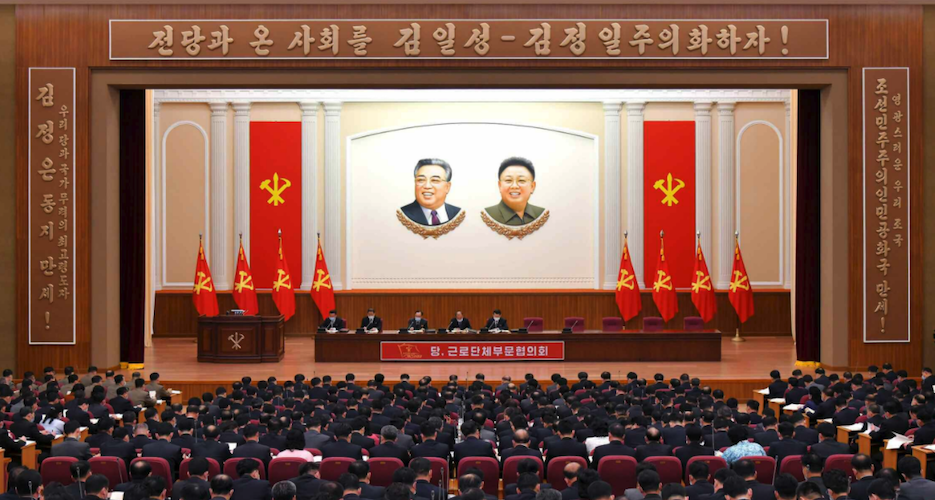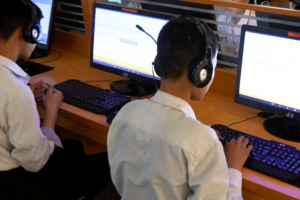North Korea effectively has a one-party system. In theory, there are two other auxiliary parties, but in real life, they exist only on paper. So for every North Korean, the word party unconditionally means the Workers’ Party of Korea (WPK).
According to WPK statutes, every citizen of the DPRK above the age of 18 can apply for party membership. From the official North Korean point of view, all South Koreans are citizens of the DPRK — the Republic of Korea does not legally exist in North Korean laws — meaning they are technically eligible to join the North’s ruling party as well.
North Korea effectively has a one-party system. In theory, there are two other auxiliary parties, but in real life, they exist only on paper. So for every North Korean, the word party unconditionally means the Workers’ Party of Korea (WPK).
According to WPK statutes, every citizen of the DPRK above the age of 18 can apply for party membership. From the official North Korean point of view, all South Koreans are citizens of the DPRK — the Republic of Korea does not legally exist in North Korean laws — meaning they are technically eligible to join the North’s ruling party as well.
Try unlimited access
Only $1 for four weeks
-
Unlimited access to all of NK News: reporting, investigations, analysis
-
Year-one discount if you continue past $1 trial period
-
The NK News Daily Update, an email newsletter to keep you in the loop
-
Searchable archive of all content, photo galleries, special columns
-
Contact NK News reporters with tips or requests for reporting
Get unlimited access to all NK News content, including original reporting, investigations, and analyses by our team of DPRK experts.
Subscribe
now
All major cards accepted. No commitments – you can cancel any time.











